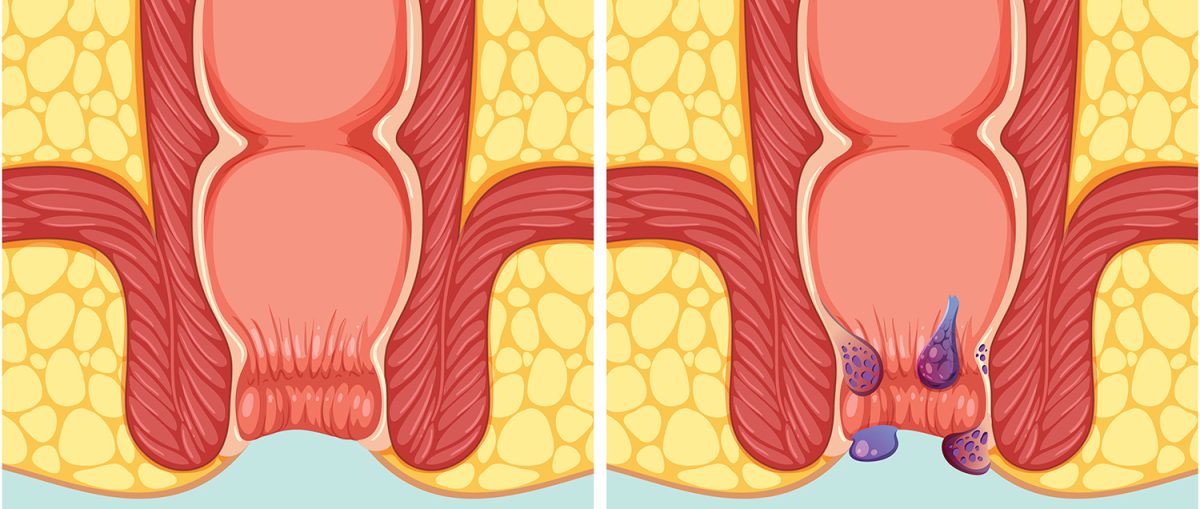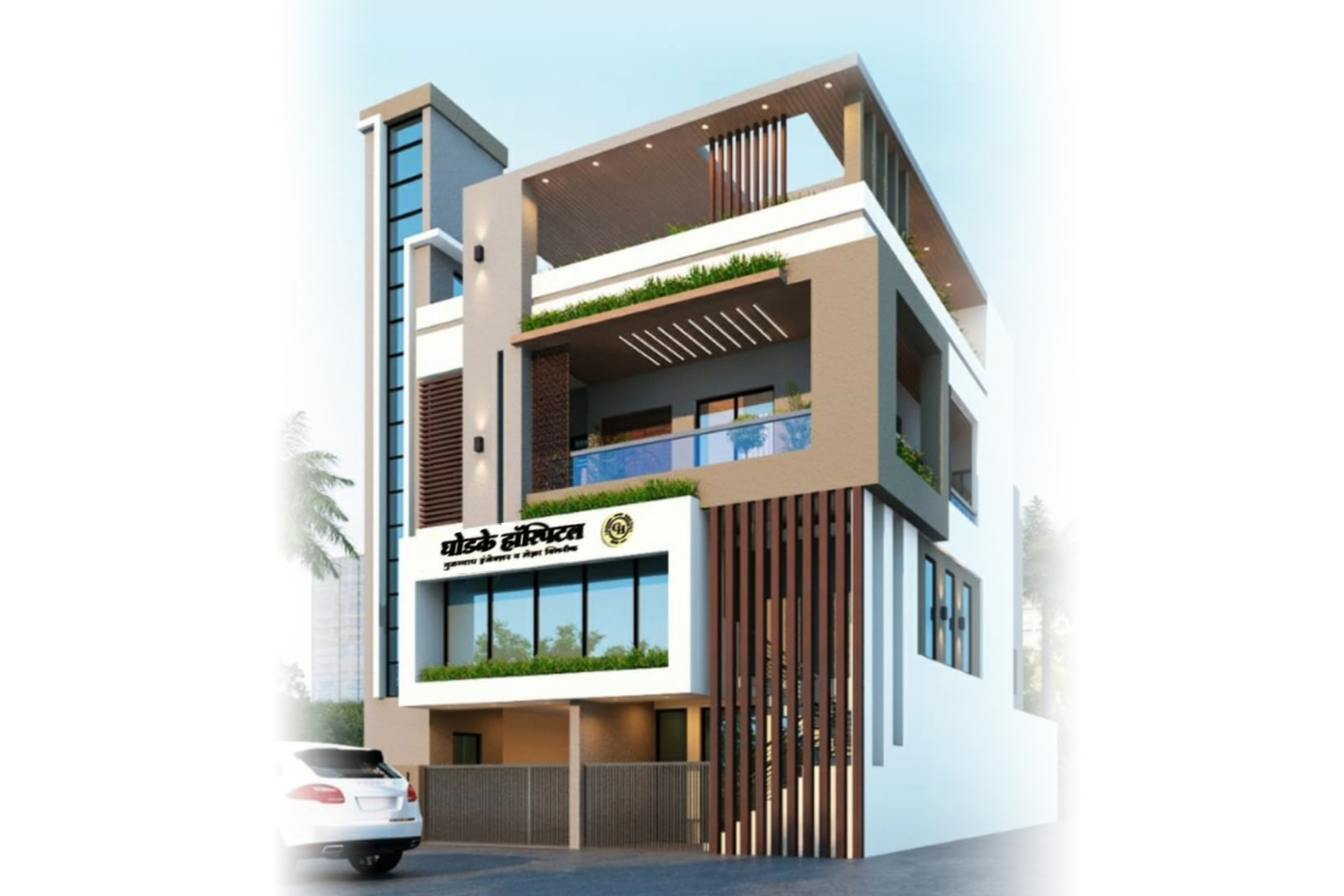Piles treatment without surgery in Beed is now easier, safer, and more effective than ever before—thanks to the advanced, non-surgical options available at Ghodke Hospital. Piles, also known as hemorrhoids, are swollen veins in the rectal or anal area that can cause severe discomfort, pain, and even bleeding. Many people silently suffer due to fear of surgery or embarrassment, but today, modern medical advancements offer non-surgical, permanent relief from piles in Beed.
If you’re searching for:
Ayurvedic, homeopathic, or advanced piles treatment without surgery
—this guide is for you!
What Are Piles? Causes, Symptoms & Types
🔎 What Are Piles?
Piles (hemorrhoids) are swollen and inflamed veins in the anus or rectum. They can occur internally (inside the rectum) or externally (outside the anal opening), leading to discomfort, pain, and bleeding.
🩺 Common Causes of Piles:
Chronic constipation or straining
Prolonged sitting or standing
Obesity
Low-fiber diet
Hereditary factors
⚠️ Symptoms of Piles:
Pain or burning during bowel movements
Bright red bleeding in stool
Itching or irritation in the anal area
Swelling or lumps near the anus
Mucus discharge
📘 Types of Piles:
Internal Piles – Usually painless, but can bleed
External Piles – Painful, with swelling or clot formation
Thrombosed Piles – Blood clot inside an external pile causing severe pain
Why Avoid Surgery for Piles?
While traditional surgery (hemorrhoidectomy) can be effective, it comes with several downsides:
Painful recovery
Hospitalization and bed rest
Higher cost and longer leave from work
Fear of stitches and surgical risks
That’s why non-surgical piles treatment in Beed at Ghodke Hospital is becoming the preferred choice for patients seeking fast and lasting relief.
Non-Surgical Piles Treatments Available at Ghodke Hospital, Beed
At Ghodke Hospital, we combine modern technology and expert medical care to treat piles without surgery. Our treatments are outpatient-based, painless, and highly effective.
🌿 Ayurvedic & Allopathic Treatments
Herbal medicines to reduce swelling and improve digestion
Creams, ointments, and oral medicines for pain and inflammation
Personalized diet and lifestyle guidance for prevention
🔬 Advanced Non-Surgical Treatments:
All treatments are performed in our well-equipped clinic in Beed and do not require hospital admission.
1. Laser Treatment for Piles
Bloodless, painless, and quick
High-precision laser seals piles with no cuts
Minimal recovery time (return home same day)
2. Injection Treatment (Sclerotherapy)
Injection shrinks piles by cutting off their blood supply
Ideal for small to medium-sized internal piles
Safe and effective
3. Rubber Band Ligation
Rubber bands tied at the base of the pile
Pile tissue shrinks and falls off naturally
No surgery, minimal discomfort
4. Infrared Coagulation (IRC)
Uses infrared rays to coagulate blood vessels in piles
Prevents further bleeding and growth
No cuts, no stitches
🩺 Medication & Lifestyle Management
High-fiber meal planning
Constipation relief
Gut health improvement
Exercise and hydration guidance
Why Choose Ghodke Hospital for Piles Treatment in Beed?
✅ Experienced Doctor: Dr. Ramesh Ghodke and Dr. Urmila Ghodke is a trusted name in Beed for piles and digestive health.
✅ Modern Infrastructure: Equipped with advanced laser and diagnostic tools.
✅ No Surgery Needed: All treatments are non-invasive and outpatient-based.
✅ Fast Recovery: Resume normal activities within a day or two.
✅ Affordable Care: Quality care at pocket-friendly prices.
✅ Personalized Plans: Treatments tailored to your condition and lifestyle.
📍 Book Your Appointment Today!
Don’t wait for piles to worsen. Take control of your health with permanent, non-surgical piles treatment in Beed at Ghodke Hospital.
📞 Call Now: 9876543210
🏥 Clinic Address: Ghodke Hospital, Behind shantai Hotel, Jalna Road , Beed, Maharashtra – 431122
💬 WhatsApp Booking Available
Also available: Gastroscopy, Colonoscopy, Fissure & Fistula treatments.
❓ Frequently Asked Questions (FAQs)
Q1: Can piles be treated without surgery?
Yes, piles can be treated without surgery using techniques like laser, rubber band ligation, injections, and Ayurveda. Ghodke Hospital specializes in these treatments.
Q2: Is non-surgical piles treatment permanent?
With proper diagnosis, lifestyle changes, and follow-up care, non-surgical treatments offer long-lasting and often permanent relief.
Q3: What is the cost of piles treatment in Beed?
Treatment cost depends on the type and severity of piles. Ghodke Hospital offers affordable packages and free consultations to guide your options.
Final Words
If you’re looking for piles treatment in Beed that is safe, effective, and does not require surgery, trust the expertise of Dr. Ghodke and his team. Whether you prefer Ayurvedic, laser, or injection-based treatment, we have the right solution for you.
📞 Call Now: 9876543210
📍 Location: Ghodke Hospital, Behind shantai Hotel, Jalna Road , Beed, Maharashtra – 431122



